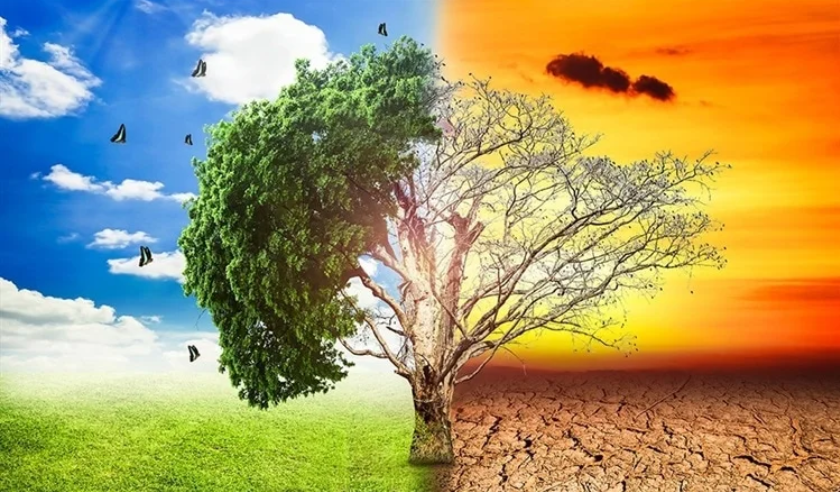
Effects of Climate Change
The signs of climate change are increasingly apparent in our world. We witness intense heat waves and longer fire seasons, droughts, and floods—all of which are inevitable on a warming planet. The ongoing rise in global temperatures has already begun to significantly impact our overall well-being. Climate change puts our collective health at risk and has wide-ranging consequences for the food we eat, the water we drink, the air we breathe, and even the weather patterns we experience.
In Ghana, the threat of climate change is especially evident in the increased spread of vector-borne diseases like malaria. The rising temperatures associated with climate change play a significant role in the increased transmission of malaria (Fouque and Reeder, 2019). Warmer conditions create a favorable environment for the breeding and proliferation of disease-carrying mosquitoes, which in turn leads to a higher risk of malaria infections. Additionally, alterations in rainfall patterns and the occurrence of extreme flooding events further impact malaria transmission as well. These changes disrupt the control efforts against malaria, making it more challenging to prevent and contain the disease.
Amidst the impacts of climate change on health, the story of Mr. Kofi's family stands as a stark reminder of the grim realities so many people face. A former laborer on my grandmother's farm who has since acquired his own farm, Mr. Kofi now confronts a distressing truth as his loved ones suffer the consequences of rampant vector-borne diseases, with malaria casting a particularly dark shadow. At the heart of their struggle is his wife, who is burdened with the crucial responsibility of water management. Her tireless efforts to procure water from distant sources leave her depleted physically as she navigates streams and rivers. With the scarcity of safe water compounding their hardships, their family's challenges intensified. In a desperate bid to secure water during periods of scarcity, she stockpiled excess water in their home, unknowingly transforming it into a breeding ground for disease-carrying mosquitoes. It has magnified the risk of malaria and dengue fever, threatening the health and well-being of their family.
The story of Mr. Kofi is one example of similar experiences faced by communities in Africa (Ryan et al., 2020). As the planet gets warmer due to climate change, it affects the optimal temperatures for disease-carrying insects. This has two important effects. First, diseases spread by these insects will increase in some areas and decrease in others, depending on how the local climate changes in relation to the ideal temperatures for transmission. Second, the suitability of different diseases in a given region will shift. Some diseases may become more prevalent, while others may become less common, depending on how the climate changes (Mordecai et al., 2020). For example, in regions like sub-Saharan Africa, where temperatures between 25°C and 29°C are common, a warmer climate could make the environment less suitable for malaria transmission.
Climate change presents significant challenges to human health, contributing to the spread of diseases like malaria and intensifying water scarcity. The story of Mr. Kofi's family highlights the hardships experienced by many communities in Africa. Promoting community engagement is vital in addressing these challenges and protecting vulnerable populations. By raising awareness about the connection between climate change and health, promoting behavior change, and empowering communities to take action, community-based interventions have proven effective in malaria control. Efforts such as distributing insecticide-treated bed nets, conducting educational campaigns, and training local health workers are currently underway and can be improved to reach more communities and maximize their effectiveness. Scaling up these community-driven approaches, supported by local organizations and international partnerships, can have a significant impact.